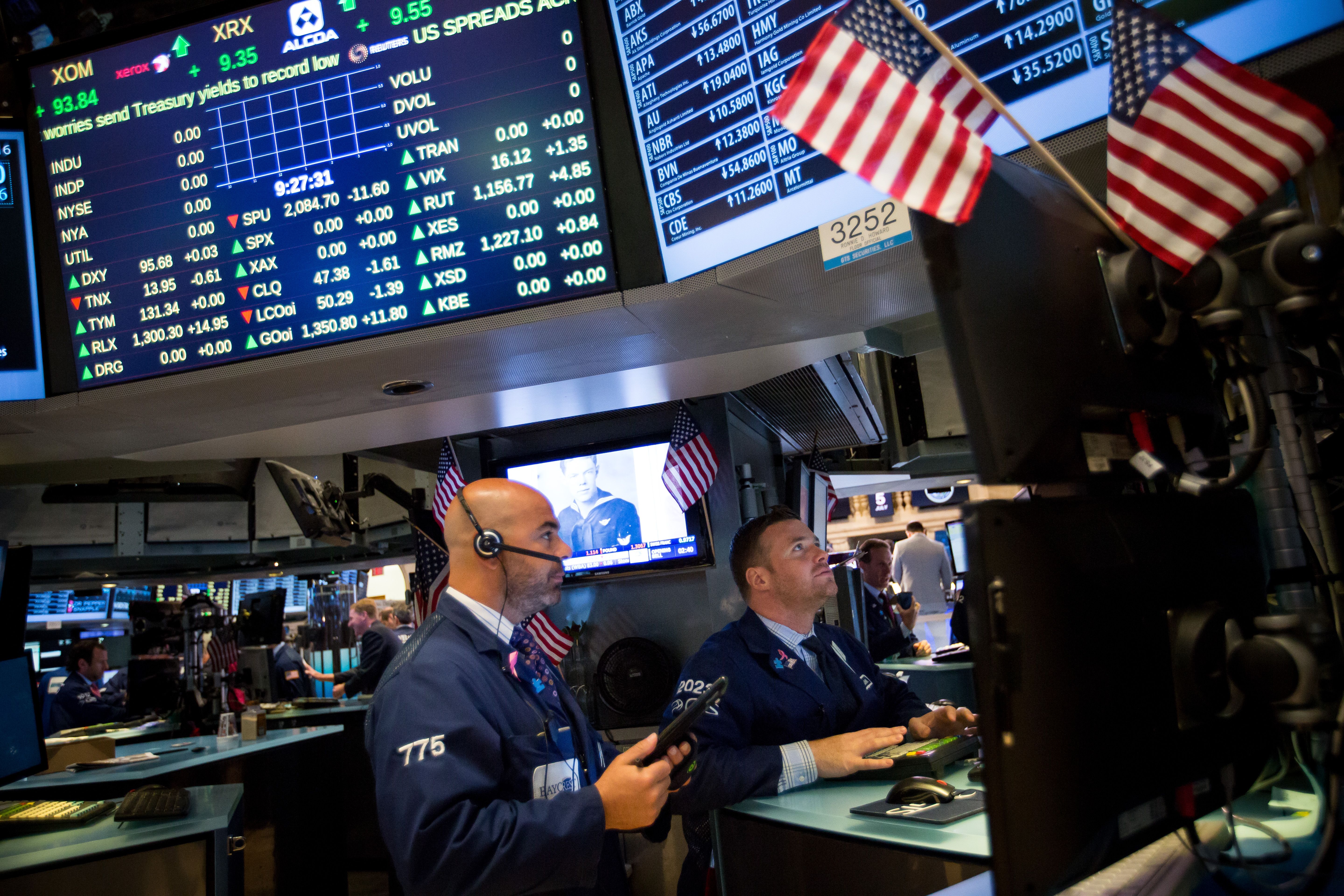World stocks steadied on Tuesday, December 19, after their biggest jump in almost six-months on U.S. tax cut hopes had added to what is already one of the strongest and longest global bull runs on record.
South Africa’s rand also took a rest after the ANC leadership win for the market’s preferred candidate triggered its biggest surge since the volatile days of 2008, while the dollar remained a no show despite Wall Street’s latest rally.
The U.S. Congress is set to vote later on long awaited tax cuts and reforms and the bill will likely be signed into law by the end of the week. Traders were still being peppered by upbeat data too.
The World Bank raised its China growth forecast for the year, Switzerland pushed up its growth forecast for 2018 and business confidence remained robust in Germany.
Britain’s FTSE and Germany’s DAX both edged 0.1-0.2 percent higher and though France’s CAC wobbled , bond yields edged up and the euro and the pound made some ground in the FX market.
“The dollar is not excited about tax reform,” said Saxo Bank’s head of FX strategy John Hardy.
“It could just year-end effects but maybe people are just weighing the negatives. Maybe it won’t boost growth that much… and maybe it is going to blow a hole in the fiscal deficit.”
For stocks though, the changes would cut U.S. corporate tax rates to 21 percent from 35 percent, which investors are betting will boost profits as well as trigger share buybacks and higher dividend payouts.
Wall Street’s latest climb overnight had been followed by most of Asia’s main bourse with the notable exception of its biggest – Japan’s Nikkei – which was dragged back 0.15 percent by the force of a stronger yen.
Australian shares added 0.55 percent, Hong Kong’s Hang Seng rose 0.8 percent and Shanghai lifted 0.6 percent.
“The rising trend in broader equities led by the U.S. markets looks to continue for a while,” said Masahiro Ichikawa, senior strategist at Sumitomo Mitsui Asset Management in Tokyo.
The dollar index against a basket of six major currencies was down 0.15 percent at 93.557 after losing 0.25 percent overnight as the questions about the overall economic impact of the tax overhaul remained.
Moreover, while Federal Reserve policymakers expect the U.S. economy to get a short-term lift from the moves, they think growth will then ease back to about two percent by 2020 and not rise to three percent as Donald Trump’s administration predicts.
South Africa’s rand retained a bulk of its gains after rallying on South African Deputy President Cyril Ramaphosa’s election as the new leader of the ruling African National Congress (ANC) party.
The currency soared to a nine-month high of 12.52 rand per dollar overnight on hopes Ramaphosa’s appointment would pave the way for crucial structural reforms. It last traded at 12.75 .
Global volatility gauges were back at ultra-low levels again though in commodities markets the picture was a little more mixed.
Industry-attuned copper and nickel prices fell for the first time in four days, while precious and safe-haven metal gold was up for a third-straight day for the first time since October at $1,264 an ounce.
Brent and WTI oil prices were modestly higher at $63.48 and $57.33 following a North Sea pipeline outage but had lost some of their momentum after a nationwide oil worker strike was called off in Nigeria.
Cryptocurrency Bitcoin meanwhile was 0.2 percent lower at $18,872 on the Bitstamp exchange having roared to its latest record high over the weekend.
A South Korean cryptocurrency exchange said on Tuesday it is shutting down and is filing for bankruptcy after it was hacked for the second time this year, highlighting concerns about the security around virtual currencies.
The exchange, called Youbit, had been hacked once before in April when nearly 4,000 bitcoins were stolen in a cyber attack that the country’s spy agency linked to North Korea, according to a South Korean newspaper report on Saturday.












